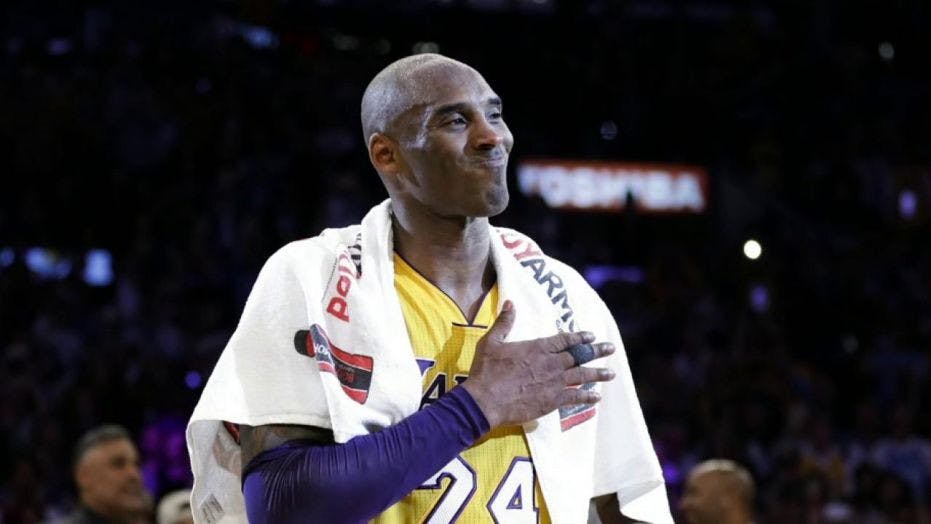Happy Thursday, Pirates.
I hope your weeks have been a little better than this past Sunday. As I’m sure most of you are aware, NBA superstar Kobe Bryant was killed over the weekend in a helicopter crash just outside of Los Angeles. The news shook much of the nation, with basketball fans and non-fans alike mourning the loss of not only an exemplary athlete but a devoted father, friend, and teammate.

To add insult to injury, the news broke shortly after the announcement of Bryant’s passing that his daughter Gianna also died in the crash. Gianna, or “Gigi” as Bryant called her, aspired of following in her dad’s footsteps and playing in the WNBA. She was 13-years-old.
When news reached NBA courts across the nation, players could be seen breaking down into tears and some, like Trae Young of the Atlanta Hawks, sought out their mother’s comfort.
The question quickly arose about whether the eight NBA games scheduled to be played on Sunday were going to happen. As emotional scenes unfolded on courts across the U.S., people asked what was best for these players, who just learned of their friend’s passing.
In the end, it was decided that all eight games would be played. The Toronto Raptors, the San Antonio Spurs, the New Orleans Pelicans, the Boston Celtics, the Phoenix Suns, the Memphis Grizzlies, the Houston Rockets and the Denver Nuggets tipped off that night, just hours after receiving some of the saddest news of their lives. The NBA carried on.
Though it can be argued that this is what Bryant would have wanted, the NBA had an obligation to take care of those who are still living. It’s not right that these men had to play on Sunday. As a nation, we’ve become much more comfortable talking about issues of mental health, but when it comes to a multi-billion-dollar organization like the NBA, nothing comes before making money. Not even the players who were in no condition to play basketball.
Big organizations cannot say they care about their employees' mental health and make them do things like this. We are all human beings first and dealing with the loss of a loved one hurts anybody, even NBA players. These men deserved at least, a night to grieve. There’s no reason those games couldn’t have been cancelled.
When you say you care about mental health, but still make your players compete, what you’re really saying is, “Take care of yourself, but not on our dime.”
The Voice is intended to best represent the collective opinion of The Editorial Board. It is written by The Setonian’s Editor-in-Chief.




